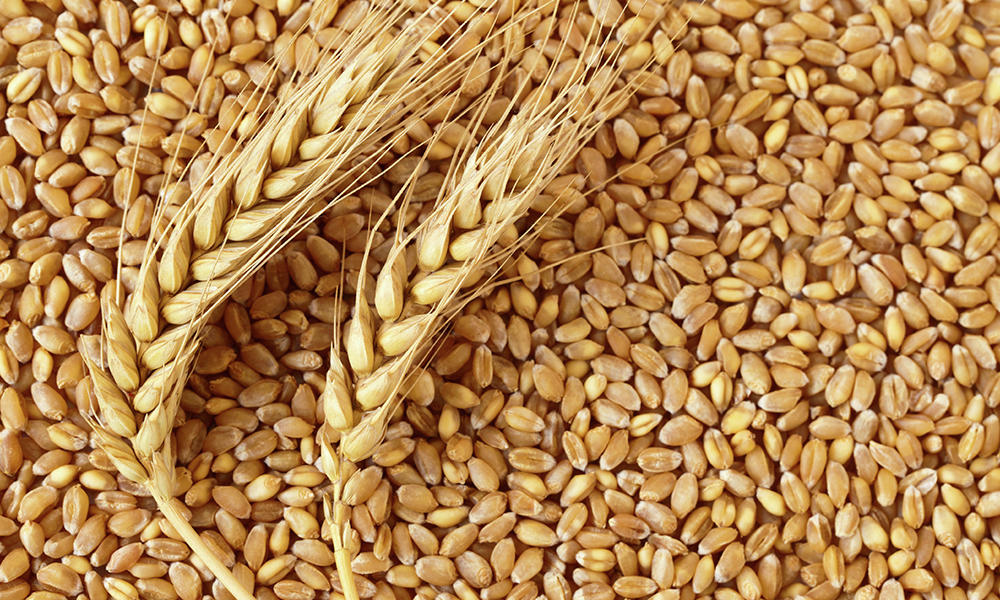SOURCE: USA Today
A diet with more fiber and whole grains may mean a lower risk of death and disease, a new analysis commissioned by the World Health Organization has found.
Researchers noted that people who had higher intakes of dietary fiber and whole grains had lower rates of chronic diseases, like heart disease, cancer and diabetes, compared to those with diets low in fiber and whole grains.
“Our findings provide convincing evidence for nutrition guidelines to focus on increasing dietary fiber and on replacing refined grains with whole grains. This reduces incidence risk and mortality from a broad range of important diseases,” one of the study’s authors Jim Mann said in a statement.
Higher fiber diets were associated with a 15 to 31 percent reduction in the risk of death and disease. That meant 13 fewer deaths and six fewer cases of coronary heart disease, per 1,000 participants in the studies.
People with diets high in whole grains saw similar benefits, with a 13 to 33 percent reduction in risk, translating to 26 fewer deaths and seven fewer cases of coronary heart disease.
The study, published Thursday in the peer-reviewed health journal The Lancet, suggests eating at least 25 to 29 grams of dietary fiber per day in order to achieve these health benefits. Higher intakes could produce more benefits.
Every 8 grams more of dietary fiber a day saw deaths and cases of coronary heart disease, type 2 diabetes and colorectal cancer decrease by 5 to 27 percent, the authors said in a statement. Every 15 grams more of whole grains per day meant a 2 to 19 percent decrease in deaths and cases of coronary heart disease, type 2 diabetes and colorectal cancer.




























